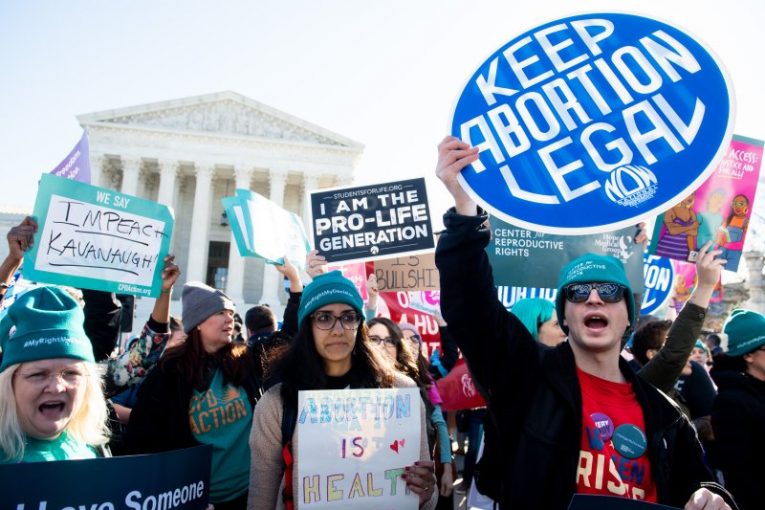

By: Emily Andrews
Recent weeks have been rife with passionate arguments about the leaked draft where the majority of the Supreme Court indicated their intention to strike down the landmark Roe v. Wade decision.
In the historic Roe v. Wade decision of 1973, a woman, unnamed for her privacy, battled against the state of Texas for her rights to privacy and having her freedoms unrestricted through the 14th Amendment, thereby establishing her right to an abortion. The decision set a precedent for future cases regarding abortion when the Supreme Court Justices voted 7-2 in her favor.
With Roe v. Wade set as precedent since 1973, subsequent court cases have viewed abortion from the lens of it being the right of privacy to a woman’s own body, as opposed to the decision of what happens to her body being a legal matter. Because the case was decided by the Supreme Court, it was set as the “law of the land,” and abortion became a constitutional right.
Another landmark case, Planned Parenthood v. Casey of 1992, upheld the constitutional right to have an abortion, prohibiting states from banning most abortions, and made obtaining abortions easier for minors and women with spouses.
However, in recent weeks the Supreme Court has been deciding on whether to overturn the landmark case, which will affect the legality and accessibility of abortions on a country-wide basis. If the Supreme Court succeeds, the accessibility of abortions will be decided on a state-by-state basis.
Of the current Supreme Court Justices, two were appointed by former President W. Bush, one by former President H.W. Bush, one by former President Clinton, two by former President Obama, and three by former President Trump.
According to ABC News, if the Supreme Court overturns the decision, “an estimated 26 states are certain or likely to outlaw abortion immediately.”
The ruling of the case is expected to be completed in late June or early July.
In California, abortion had been legalized since 1962, when the California State Legislature established that abortion is just if the continuation of the pregnancy would impair the physical or mental health of the mother, if the child was born with a grave physical or mental defect, and if the pregnancy was born from rape, incest, or other felonious intercourse.
In 2002, the California State Legislature passed a law that said: “The state may not deny or interfere with a woman’s right to choose or obtain an abortion prior to viability of the fetus, or when the abortion is necessary to protect the life or health of the woman.”
Governor Gavin Newsom of California released a statement on May 2nd, establishing California as a state of safety for those seeking abortions, vowing to fight for the rights of privacy for people seeking abortions.
The statement is as follows:
“California will not stand idly by as women across America are stripped of their rights and the progress so many have fought for gets erased. We will fight. California is proposing an amendment to enshrine the right to choose in our state constitution so that there is no doubt as to the right to abortion in this state. We know we can’t trust the Supreme Court to protect reproductive rights, so California will build a firewall around this right in our state constitution. Women will remain protected here.”
